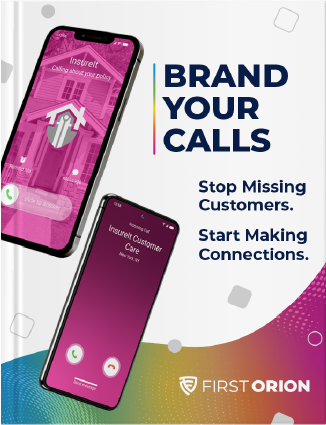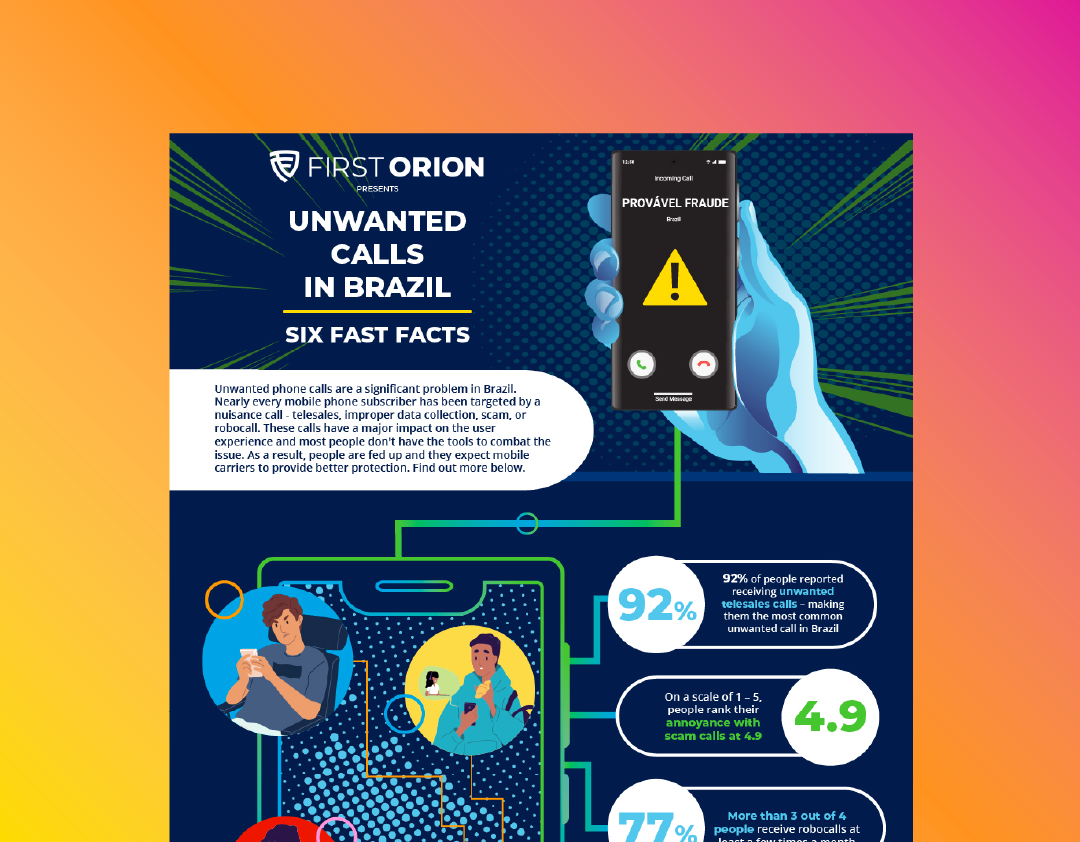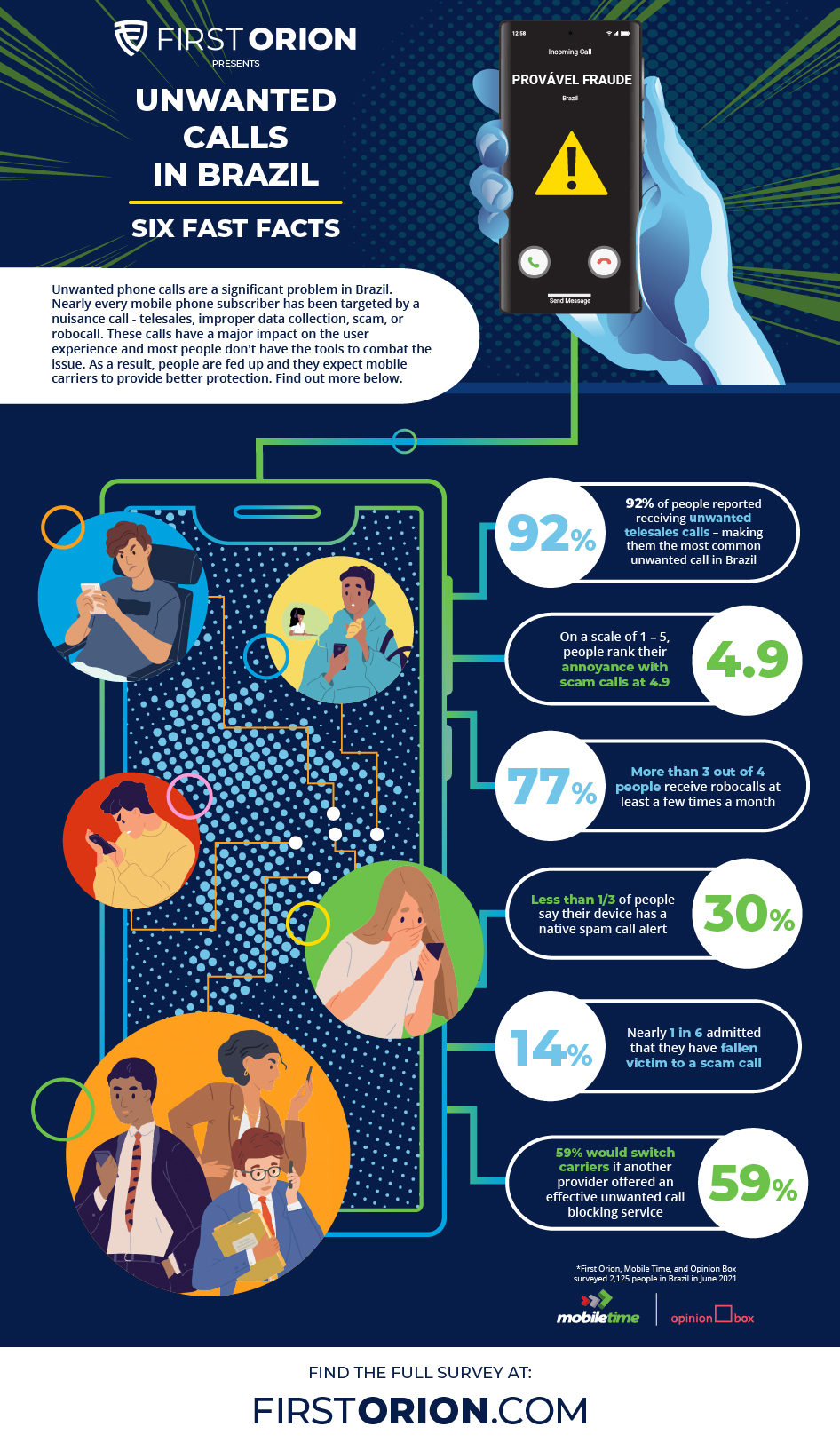According to a recent survey in Brazil, unwanted calls are a thorn in the side of mobile phone customers. Unwanted calls – telesales, scam calls, improper data collection, and robocalls – are disruptive and can cause financial loss. Regardless of age, gender, social class, or region, nobody is immune from the nuisance of unwanted calls.
Moreover, not many people have native spam/scam call detection application on their mobile devices. That means most people continue to be bothered by the calls. The problem is so bad that nearly 6 in 10 people would change mobile carriers if the new carrier offered a service to improve the calling experience.
The following provides a quick overview of the four types of calls, including the reported experiences from Brazilian mobile subscribers, followed by the “Six Fast Facts” infographic.
Telesales calls
Telesales calls were reported as the most common unwanted call, according to the survey. More than 9 in 10 people (92%) have received an unwanted telesales call.
How bad is the issue? When asked how often people are bothered by a telesales call, 64% said they received a call of this type at least a few times per week.
Improper collection call
Improper collection calls are those calls for people that the call recipient doesn’t know. In other words, a caller is looking for someone who is not attached to that mobile number. For example, this could be the result of someone using falsified data to apply for a loan.
While these calls aren’t as frequent as telesales calls, 93% of survey respondents say they’re bothered by improper collection calls.
Scam calls
Scam calls are the most annoying unwanted call type. People said that on a scale of 1-5, they rank their frustration at a 4.9 – the highest reported nuisance.
Scam callers generally try to extort money from their targets. In Brazil, one common scam is fake kidnapping; the criminal calls its target, pretending to be a close relative (such as a child or sister) and wanting money to pay off their alleged kidnappers.
Robocalls
Robocalls (ones with a recorded voice) are also a significant problem in Brazil. Nearly 9 in 10 (88%) of people have received an unwanted robocall, and 90% are bothered by it.
How do mobile users in Brazil cope with unwanted calls?
Considering the magnitude of the problem, it’s no surprise that 83% of survey respondents say they avoid answering calls they don’t know or when the number doesn’t show on the incoming call screen.
When asked if another cell phone carrier offered a similar plan at a comparable price and could block all (or nearly all) unwanted calls, 59% of people said they would switch.
Here are six fast facts about unwanted calls in Brazil:
First Orion offers innovative call protection services that enable leading mobile carriers to deliver a better call experience for consumers.





